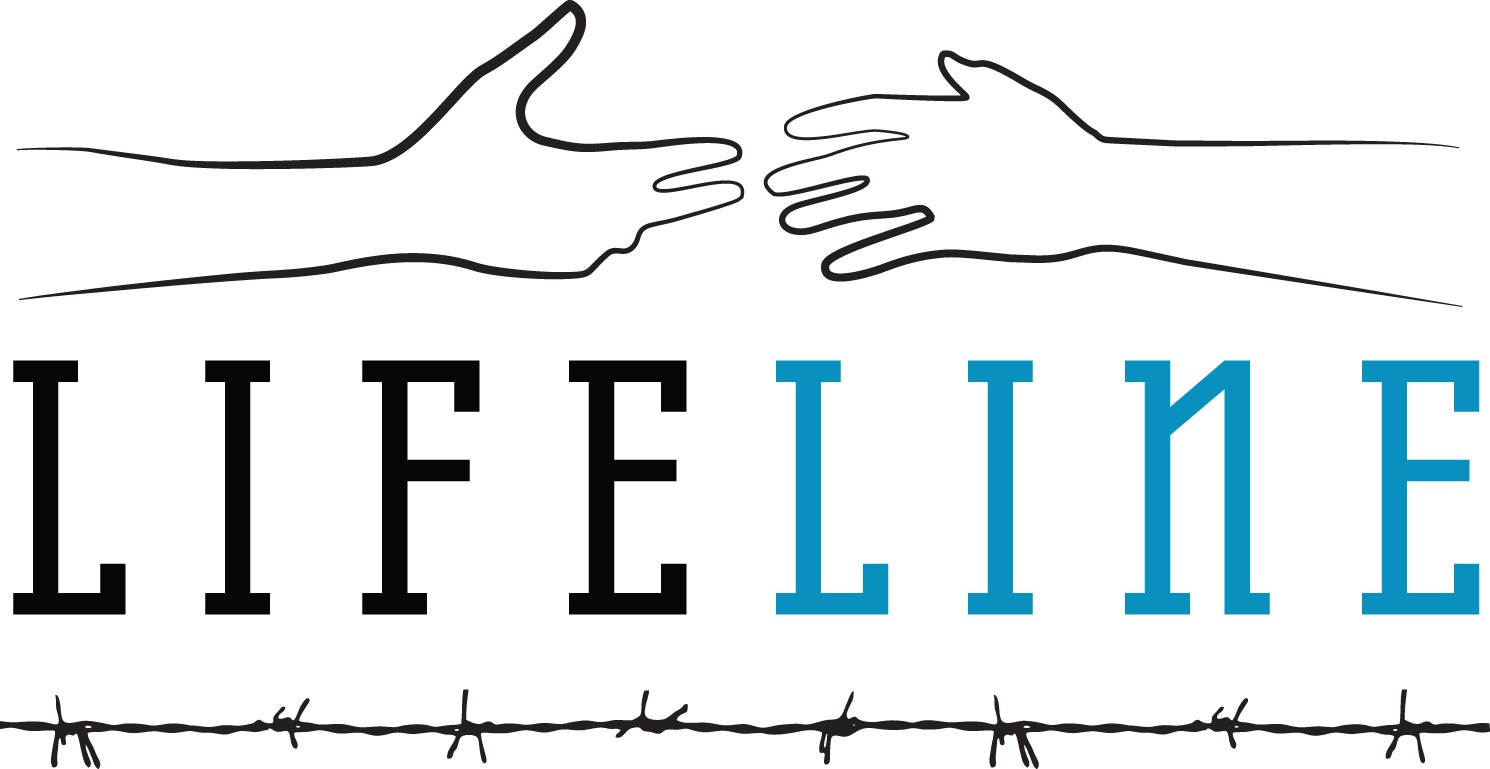Cambodia: Fundamental Freedoms Under Attack
/On September 19, 2018 the Cambodian Center for Human Rights (CCHR), the Cambodian Human Rights and Development Association (ADHOC), with support from International Center for Not-for-profit Law released the second annual report of the Fundamental Freedoms Monitoring Project (FFMP). The second, and most recent version of the study noted a sharp decrease in the fundamental freedoms enjoyed by all Cambodians, including freedom of association, assembly and expression. An example of the findings includes the fact that 20% of CSO/Trade Union leaders reported “always” feeling it is necessary to censor themselves when speaking in public – up from 8% in previous year.

